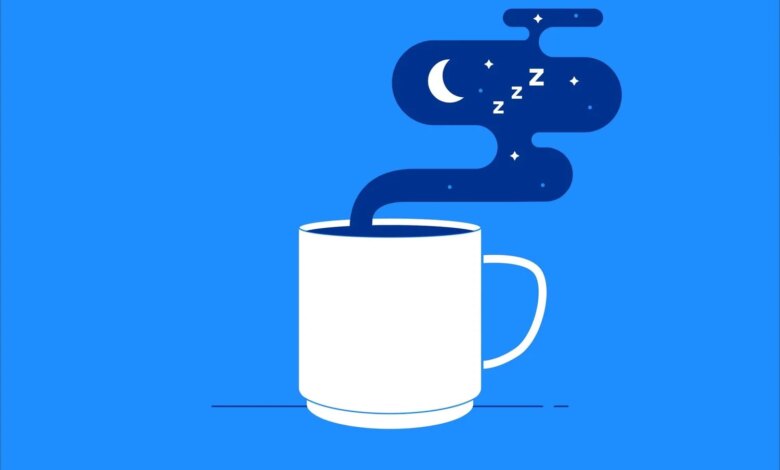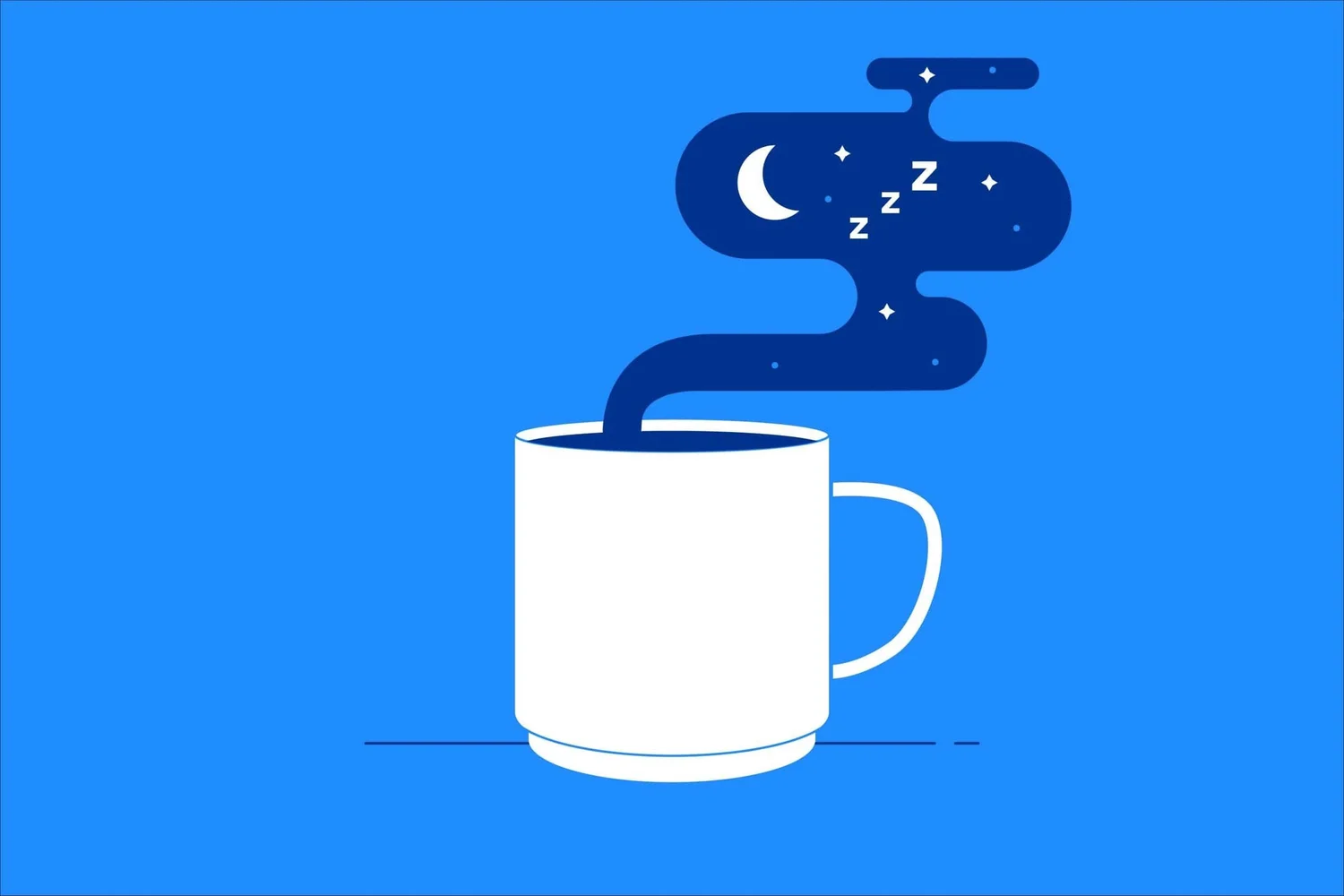What You Need to Know — REM Reward


Timing Matters
The timing of caffeine consumption is crucial, not just the amount. Drinking caffeine too late in the day can significantly disrupt your sleep cycle. Consuming caffeine in the late afternoon or evening can lead to difficulty falling asleep, even if you don’t feel particularly wired at bedtime. To minimize its impact on sleep, experts recommend avoiding caffeine at least six hours before you plan to go to bed (Walker, 2017).
If you’re someone who enjoys a morning cup of coffee, it’s best to have it about 60 to 90 minutes after waking up. This timing allows your body’s natural wake-up hormones, like cortisol, to do their job first, giving you an energy boost that aligns with your natural circadian rhythm. If you need a second cup, try to have it before early afternoon—say, around 1 PM at the latest—to ensure it doesn’t interfere with your sleep later that night. If you find yourself needing an energy boost later in the day, consider alternatives like a short nap or a quick walk. These activities can help refresh your mind and body without the potential sleep disruption that comes with late-day caffeine consumption (Drake, 2013).
Finding Balance
Caffeine, when used in moderation, can be a helpful tool. A cup of coffee in the morning or a soda with lunch is generally not problematic. However, being mindful of your caffeine intake and the timing of consumption is key to maintaining healthy sleep patterns. For young people, who are still developing and may be more sensitive to the effects of caffeine, this mindfulness is particularly important.
Instead of relying on energy drinks, try boosting your energy through other means, such as getting enough sleep, staying hydrated, eating balanced meals, and incorporating regular physical activity into your day. These habits support your energy levels naturally and contribute to better overall health.
The Bottom Line
Caffeine can provide a quick energy boost, but it’s important to understand its long-term effects, especially on sleep. By managing your caffeine intake and being aware of when you consume it, you can enjoy its benefits without sacrificing your sleep or overall well-being. So the next time you’re tempted to grab an energy drink or an extra cup of coffee in the afternoon, think about how it might affect your sleep that night—and consider reaching for water or a healthier snack instead.
Good sleep is essential for everything from academic performance to daily well-being, so don’t let caffeine interfere with your rest.



